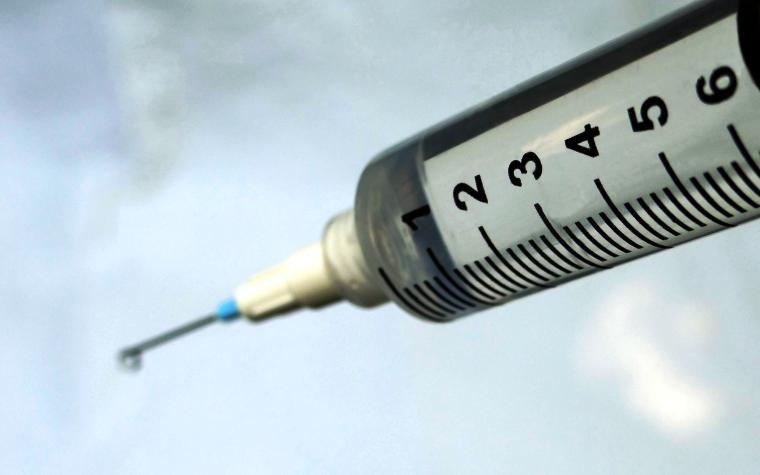
Inoculating childhood cancer survivors against human papillomavirus (HPV) may curtail the risk of developing secondary HPV-related cancers in the young adult population, according to a study by the University of Alabama at Birmingham (UAB) and St. Jude Children’s Research Hospital.
“Survivors of childhood cancer are at increased risk for developing HPV-related second cancers,” Wendy Landier, an associate professor in the UAB division of pediatric hematology and oncology who served as co-principal investigator of the NIH-funded study, said in an announcement. “The HPV vaccine is effective in preventing infection with the oncogenic HPV types responsible for the large majority of HPV-related cancers in this high-risk population.”
Consumer education is important in promoting HPV vaccination for those ages 13-26 because reticence to follow through often reflects the belief that the treatment may not be covered by insurance, according to the announcement. The Affordable Care Act (ACA) requires mandatory coverage for preventive services with no co-payment or deductible costs, the announcement said.
“Survivors of childhood cancer stand to gain particular benefit from initiating and completing the vaccine series to reduce the risk of developing an HPV-related malignancy,” Landier said. “The HPV vaccine is an important cancer-prevention tool that is readily available.”